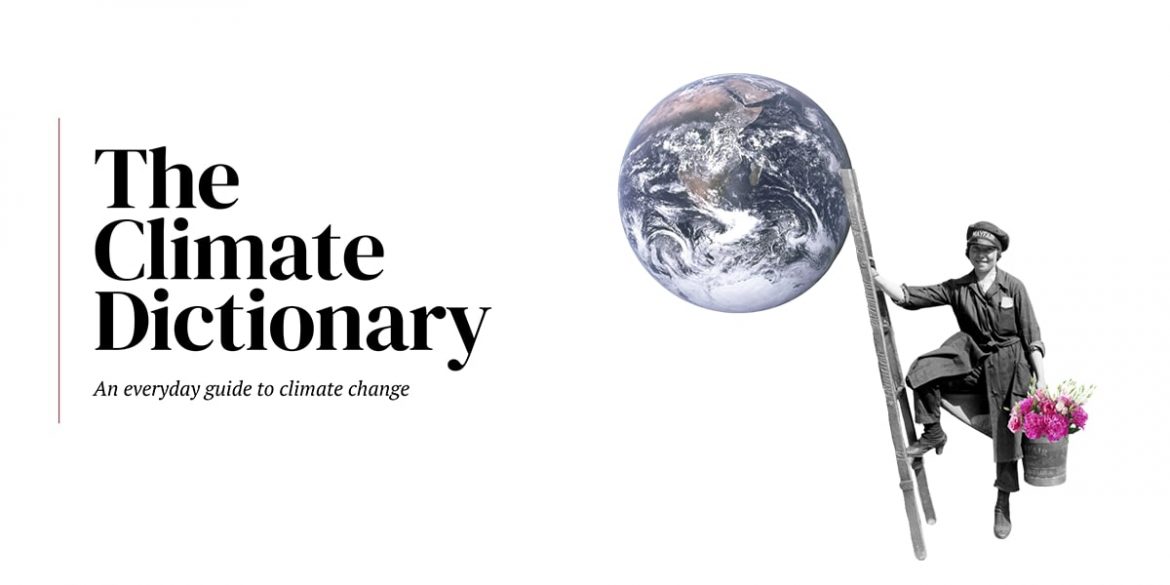Government Policies Addressing Climate Change has become one of the most pressing challenges of our time, affecting nations, ecosystems, and communities around the globe. Governments worldwide are grappling with the urgency of addressing climate change and formulating policies to mitigate its impacts. In the United States, the issue has garnered significant attention, leading to a dynamic interplay of political ideologies and bipartisan efforts to tackle this existential threat. This article delves into the diverse government policies aimed at addressing climate change, examining the roles of different entities, including states, political parties, and federal agencies.
Bipartisanship and Divergent Approaches
The fight against climate change has witnessed both cooperation and contention between Republicans and Democrats in the United States. While ideological differences persist, there is a growing recognition that climate action is a shared responsibility. Democrats tend to emphasize federal intervention, supporting policies that regulate emissions, promote renewable energy, and invest in sustainable infrastructure. On the other hand, Republicans often advocate for market-driven solutions, arguing that innovation and private-sector initiatives are key to achieving environmental goals.
Government Policies Addressing Climate Change
The Government Policies Addressing Climate Change It plays a pivotal role in formulating and implementing climate policies. The Environmental Protection Agency (EPA) is a key entity responsible for regulating greenhouse gas emissions and enforcing environmental laws. The Department of Energy (DOE) focuses on promoting clean energy sources and technological innovation. The Department of Transportation (DOT) contributes to reducing emissions through fuel efficiency standards and sustainable transportation initiatives.
The Executive Branch Influence
Presidents wield significant power in shaping climate policies through executive orders and international agreements. The Biden administration, for instance, rejoined the Paris Agreement, signaling a renewed commitment to global climate efforts. Executive orders have been issued to advance clean energy, promote environmental justice, and enhance the resilience of communities vulnerable to climate impacts.
State Initiatives and Grassroots Action
Recognizing the need for localized solutions, states have emerged as laboratories for Government Policies Addressing Climate Change . Several states, irrespective of their political leanings, have set ambitious renewable energy targets, implemented cap-and-trade programs, and developed comprehensive climate action plans. Grassroots movements and local communities have also played a crucial role, pressuring governments to take meaningful action and fostering a bottom-up approach to climate solutions.
Energy Transition and Infrastructure Development
The energy sector, a significant contributor to greenhouse gas emissions, is a focal point of climate policies. Transitioning from fossil fuels to renewable energy sources is a key strategy. Government policies encourage the development of solar, wind, and hydropower, while phasing out subsidies for fossil fuels. Investment in resilient and sustainable infrastructure is crucial for adapting to climate change and ensuring a low-carbon future.
International Collaboration and Diplomacy
Climate change is a global challenge that demands international cooperation. The United States collaborates with other countries to share knowledge, technology, and resources. Engaging in diplomatic efforts, such as the G7 and G20, allows the U.S. to contribute to global climate solutions and foster collective action.
Environmental Justice and Community Support
Climate change disproportionately affects marginalized communities, and addressing environmental justice is a crucial aspect of government policies. The Environmental Justice Council, established by the Biden administration, aims to address disparities in the impact of environmental policies on vulnerable communities. The government recognizes the importance of community engagement and support for an inclusive and equitable transition to a sustainable future.
Research and Development
Investing in research and development is essential for finding innovative solutions to climate change. The government, through agencies like the National Science Foundation (NSF) and the Department of Defense (DOD), supports scientific research on climate impacts, mitigation strategies, and emerging technologies. This knowledge is critical for informed policy decisions and staying ahead of the evolving challenges posed by climate change.
Challenges and Future Prospects
Despite significant strides, challenges persist in implementing comprehensive climate policies. Political polarization, economic considerations, and the need for a just transition pose ongoing hurdles. However, the urgency of the climate crisis demands sustained efforts and collaboration across party lines.
Conclusion
The multifaceted nature of climate change requires a holistic and collaborative approach. Government policies at the federal, state, and local levels, supported by bipartisan efforts, are essential for achieving meaningful results. As the United States navigates the complexities of climate action, it is clear that a united front, encompassing diverse entities and perspectives, is crucial to realizing a sustainable and resilient future for all. The journey toward a low-carbon economy and a healthier planet is a collective responsibility that transcends political boundaries, emphasizing the importance of sustained and strategic government action.








